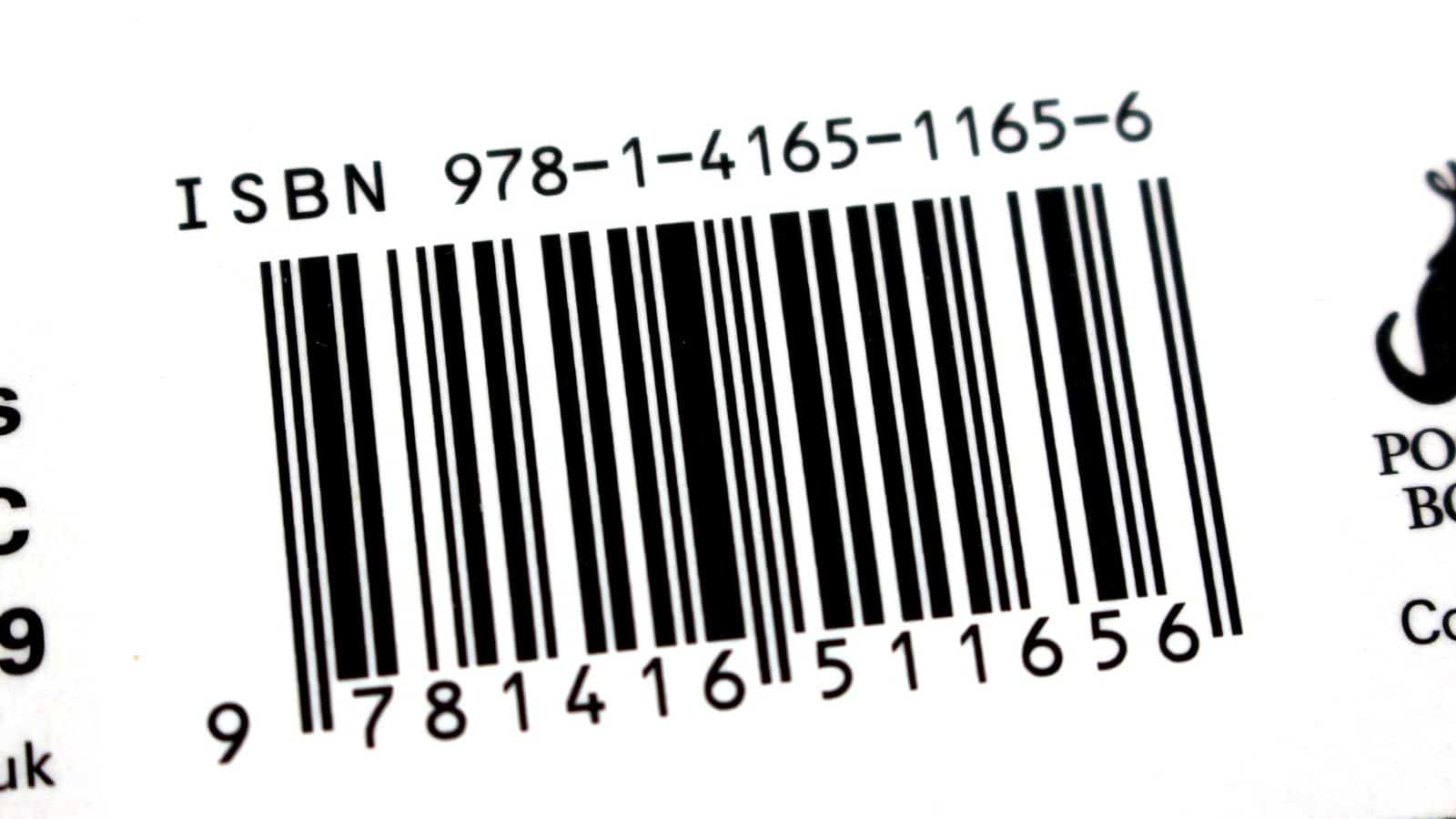Say Good-Bye to the Ten-Digit ISBN

The Book Industry Study Group (BISG) announced last week that newly purchased ISBNs sold through Bowker will soon be sporting a 979 prefix.
Bowker’s John Purcell and Pat Payton said on the BISG’s conference call that Bowker was running out of unsold ISBNs with a 978 prefix, so the company is expecting to introduce a new 979 prefix in early 2020 to be able to meet demand for volume orders.
Originally a necessary capital expense but now regarded in certain segments of the industry as about as useful as the appendix, an ISBN is essentially a book’s serial number: a unique identifier that is attached to a particular title, or more often one edition of a title (paperback, audio, hardback, etc).
ISBNs started out using a 10-digit number, but later transitioned to 13-digit numbers as the supply of unused numbers ran low. It has been standard up to this point to have a 10-digital ISBN that corresponded to the 13-digit ISBN, but the BISG reports that practice will be going away with the adoption of the 978 porefix.
For the first time in the U.S. market, there will be no 10-digit equivalent to a 979 ISBN. As well, the change will introduce a new classification unique to the U.S., where books will begin 979-8. Publishers and metadata recipients will need to confirm that their systems can reliably accept and maintain 13-digit ISBNs, including those that begin with the 979 prefix.
As you may know, ISBNs have a complicated relationship with the larger Universal Product Codes system. The reason I bring this up is that in the UPC system, the 978 and 979 prefixes are actually two examples of UPC country codes.
Country codes are not a indicator or origin or destination, and is really just a way of organizing the UPCs to avoid duplicate use. What’s interesting about this is that when it comes to the 979 and 978 prefixes, the country in question is "Bookland". (No, I am not making this up.)
BTW, next year marks the 50th anniversary of the ISO adoption of the ISBN standard.
image by ActuaLitté via Flickr



Comments
Disgusting Dude December 4, 2019 um 5:03 pm
Recent medical research has discovered the appendix serves a big and useful role in immunity, preserving intestinal bacteria.
Not so ISBNs.
Fergus Duniho December 5, 2019 um 12:21 pm
To quote Wikipedia, "Bookland is a fictitious country that exists solely in EAN for the purposes of non-geographically cataloguing books in the otherwise geographically keyed EAN coding system."
Top 5 Publishing News Stories 12/2-12/6 – Publishing Trendsetter December 6, 2019 um 1:01 pm
[…] days of the ten-digit ISBN are […]
Say Good-Bye to the Ten-Digit ISBN | Blog December 8, 2019 um 5:16 pm
[…] by robert, at December 8, 2019 This post was originally published on this […]
Four short links: 9 December 2019 – Welcome December 9, 2019 um 10:08 am
[…] Say Goodbye to the 10-digit ISBN — ISBNs started out using a 10-digit number, but later transitioned to 13-digit numbers as the supply of unused numbers ran low. It has been standard up to this point to have a 10-digital ISBN that corresponded to the 13-digit ISBN [by prefixing it with 978], but the BISG reports that practice will be going away with the adoption of the 979 prefix. Parallels to “just put 19 on the front of the year” left as exercise to the reader. […]
Four short links: 9 December 2019 – IQ Software Services December 10, 2019 um 6:50 am
[…] Say Goodbye to the 10-digit ISBN — ISBNs started out using a 10-digit number, but later transitioned to 13-digit numbers as the supply of unused numbers ran low. It has been standard up to this point to have a 10-digital ISBN that corresponded to the 13-digit ISBN [by prefixing it with 978], but the BISG reports that practice will be going away with the adoption of the 979 prefix. Parallels to “just put 19 on the front of the year” left as exercise to the reader. […]